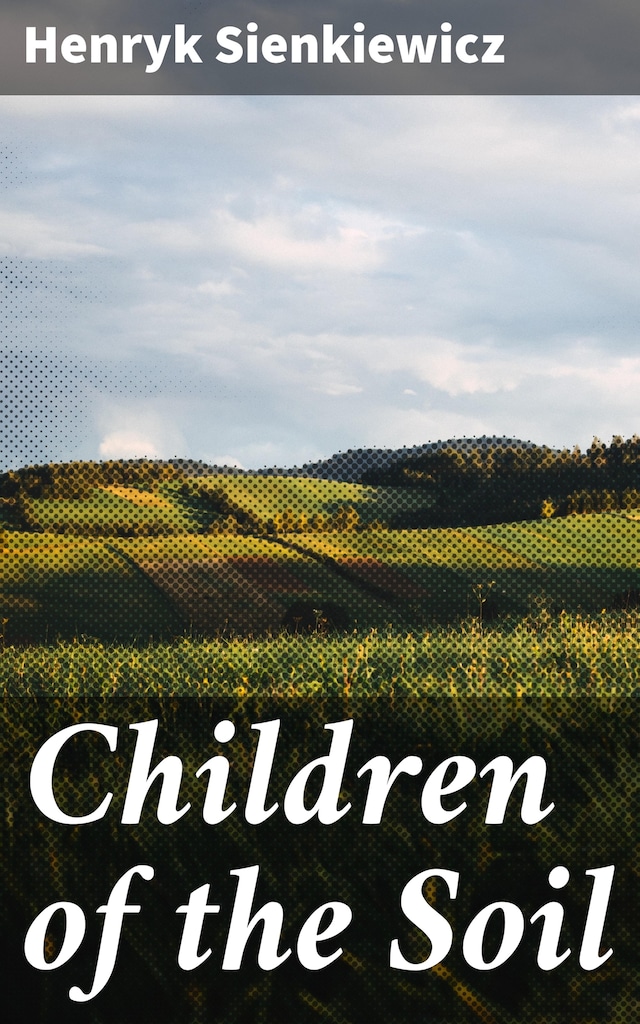
Children of the Soil
Description of the book
In 'Children of the Soil' by Henryk Sienkiewicz, the reader is transported to the rural landscapes of Poland in the late 19th century. Through vivid descriptions and engaging storytelling, Sienkiewicz paints a picture of peasant life, with all its struggles and joys. The novel is not just a simple depiction of agrarian life, but also delves into themes of social class, justice, and the human spirit. Sienkiewicz's literary style is both realistic and poetic, capturing the essence of the characters and their surroundings. This work is a prime example of Polish 19th-century realism, and it stands as a testament to the author's keen observation and empathy. Sienkiewicz's ability to intertwine social commentary with compelling narratives makes 'Children of the Soil' a timeless classic that continues to resonate with readers today. Henryk Sienkiewicz, a Nobel Prize-winning author, drew inspiration from his own experiences as a war correspondent and traveler throughout Europe. His deep love for Poland and its people shines through in 'Children of the Soil', as he portrays the resilience and humanity of the rural population. For those interested in historical fiction, social commentary, or simply exquisite storytelling, 'Children of the Soil' is a must-read that offers both entertainment and enlightenment.
 Henryk Sienkiewicz
Henryk Sienkiewicz 871 Pages
871 Pages